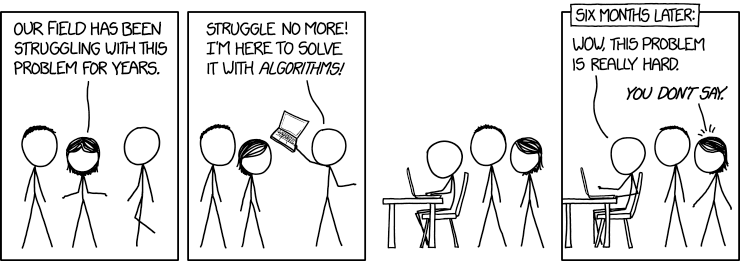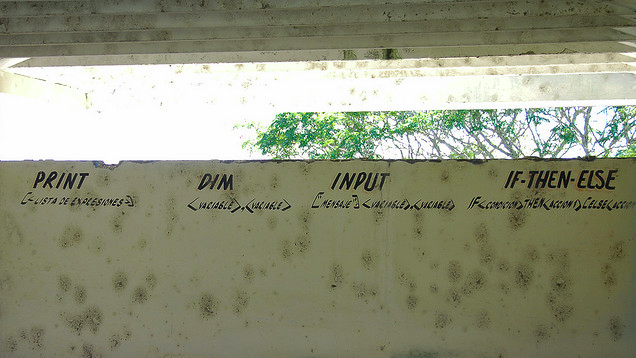
Tag Archives: Algorithms
Kitchen coding

I’ve developed a love of cooking. Perhaps even an obsession. It’s been good for my diet, and good for my palette.
When my mental health providers cut off the stimulants I had been taking for a decade to treat my ADHD, the only real upside to the new regime was that it was really easy for me to stop working at the end of the day (if I made it that far). Because my brain wouldn’t let me sit at a computer for any extended period of time, I ended up having free time in the evenings.
I’ve always been decent in the kitchen. Kind of like I’ve always been decent at coding, writing, and even sports in my younger years. To the extent that I could make it work, anyway. But, like coding, I decided there were things I could do better and started studying my meals in detail. Read more »
Removing reflections from photos taken through windows

New algorithm exploits multiple reflections in individual images to distinguish reflection from transmission.
Larry Hardesty
It’s hard to take a photo through a window without picking up reflections of the objects behind you. To solve that problem, professional photographers sometimes wrap their camera lenses in dark cloths affixed to windows by tape or suction cups. But that’s not a terribly attractive option for a traveler using a point-and-shoot camera to capture the view from a hotel room or a seat in a train.
Read more »
Computer Science Concepts Explained In Layman’s Terms

Here’s a list of important computer science theories and concecpts that most computer science undergraduate courses will cover. All explanations are intuitive, simple, and non-technical. It’s like an ultra-fast-track computer science degree program for everyone, just to get you to understand the general concepts.
Important notes:
- Explanations without specified source are self-written. Correct me if you spot any inaccuracies. Suggest a better one if possible!
- Headings are linked to their respective Wikipedia articles. Please refer Wikipedia for more serious and detailed explanations.
- Analogies are awesome, but not perfect. If you want fully understand the concepts, you need to boil things down to the most fundamental truths and then reason up from there.
- Huge thanks to Redditors for pointing out my mistakes and suggesting better analogies.